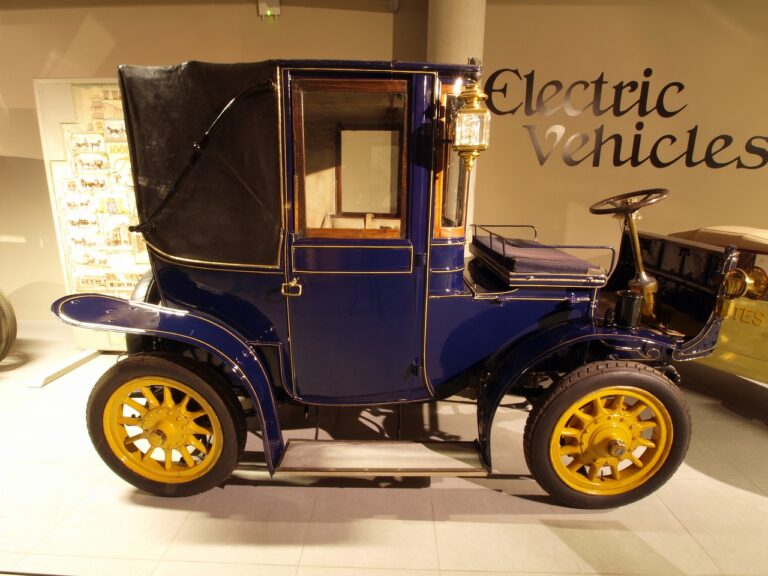The Evolution of Automotive Engine Technologies for Efficiency and Performance: 11xplay pro, Diamondexch9, Sky exchange bet
11xplay pro, diamondexch9, sky exchange bet: The evolution of automotive engine technologies for efficiency and performance has been a fascinating journey filled with innovation and advancements. Over the years, engineers and researchers have dedicated countless hours to developing new technologies that improve fuel efficiency, reduce emissions, and boost overall performance. In this article, we will explore the evolution of automotive engine technologies, from the early days of internal combustion engines to the cutting-edge advancements of today.
Internal Combustion Engines: The Birth of Automotive Power
The internal combustion engine has been the powerhouse behind automobiles for over a century. In the early days of automotive history, engines were simple, carbureted units that relied on a spark to ignite fuel and air mixture in a cylinder. These engines were inefficient and prone to overheating, limiting their power output and reliability.
As technology advanced, engineers began to refine the internal combustion engine, leading to the development of fuel injection systems, improved cooling systems, and more efficient combustion processes. These advancements paved the way for the creation of more powerful and fuel-efficient engines that revolutionized the automotive industry.
Turbocharging and Supercharging: Boosting Performance
One of the most significant advancements in engine technology came in the form of turbocharging and supercharging. These technologies involve compressing air before it enters the engine, allowing for more fuel to be burned and increasing power output.
Turbochargers use exhaust gases to spin a turbine that compresses incoming air, while superchargers are driven by a belt connected to the engine. Both technologies have been widely adopted in modern vehicles, offering increased horsepower and torque without sacrificing fuel efficiency.
Hybrid and Electric Powertrains: A Shift Towards Sustainability
In recent years, there has been a significant push towards more sustainable automotive technologies, leading to the development of hybrid and electric powertrains. Hybrid vehicles combine traditional internal combustion engines with electric motors, offering improved fuel efficiency and reduced emissions.
Electric vehicles, on the other hand, are powered solely by electric motors and batteries, eliminating the need for gasoline altogether. While electric vehicles have limitations in terms of range and charging infrastructure, ongoing advancements in battery technology are making them a viable alternative to traditional gas-powered vehicles.
Direct Injection and Variable Valve Timing: Fine-Tuning Performance
Modern engines are equipped with advanced technologies such as direct injection and variable valve timing, allowing for precise control over fuel delivery and combustion processes. Direct injection systems inject fuel directly into the combustion chamber, improving fuel efficiency and power output.
Variable valve timing systems adjust the timing of the intake and exhaust valves to optimize engine performance under different driving conditions. These technologies work in conjunction with other engine components to maximize efficiency and power, resulting in a smoother and more responsive driving experience.
FAQs
Q: What is the difference between turbocharging and supercharging?
A: Turbocharging uses exhaust gases to spin a turbine that compresses incoming air, while supercharging is driven by a belt connected to the engine.
Q: Are hybrid vehicles more fuel-efficient than traditional gas-powered vehicles?
A: Yes, hybrid vehicles combine internal combustion engines with electric motors to improve fuel efficiency and reduce emissions.
Q: How do electric vehicles compare to gas-powered vehicles in terms of performance?
A: Electric vehicles offer instant torque and smooth acceleration, making them competitive with gas-powered vehicles in terms of performance.
Q: What are the benefits of direct injection and variable valve timing?
A: Direct injection improves fuel efficiency and power output, while variable valve timing optimizes engine performance under different driving conditions.







